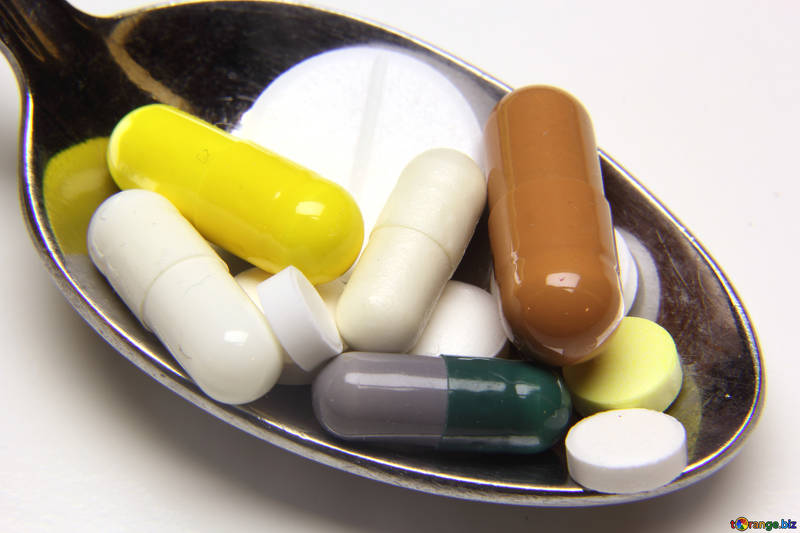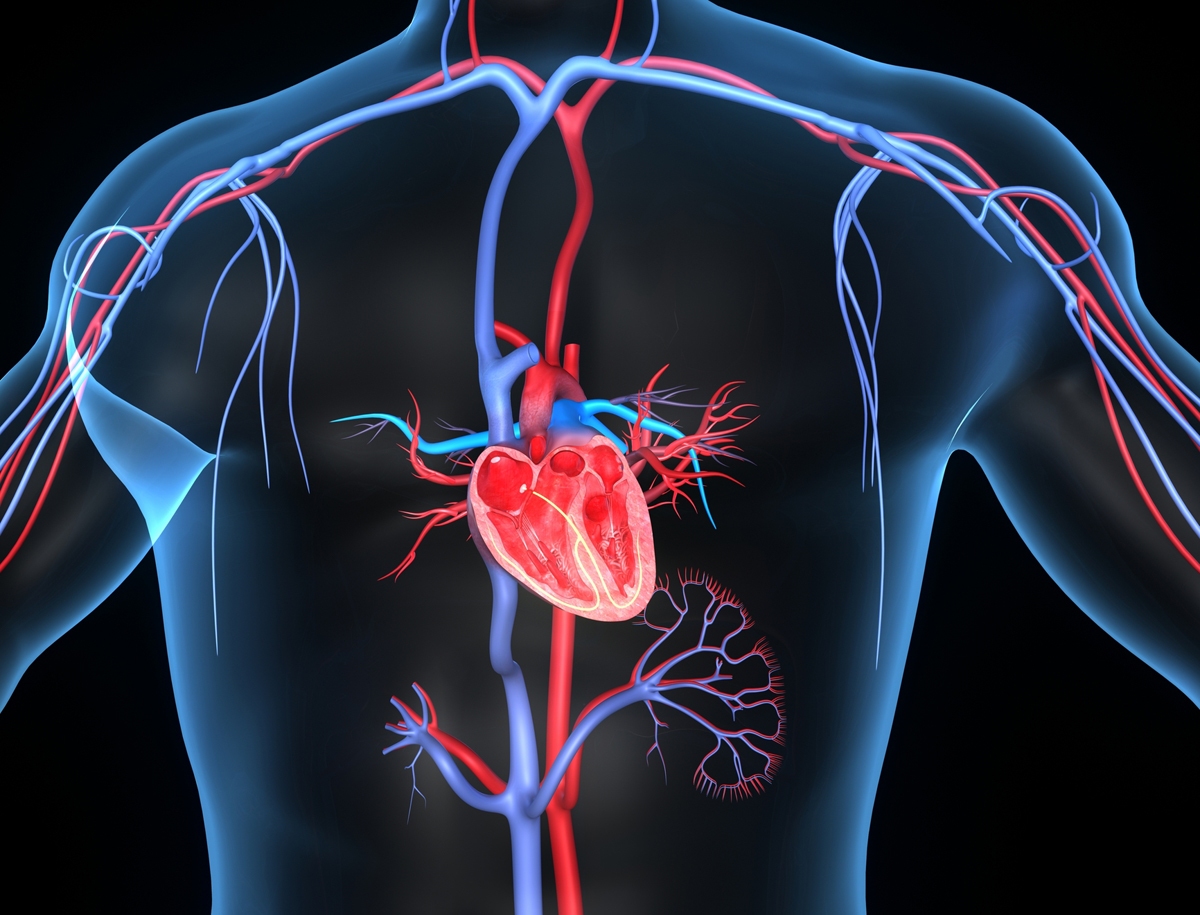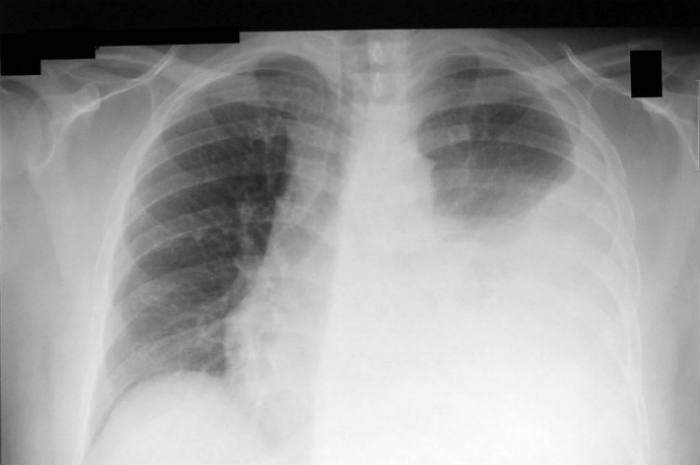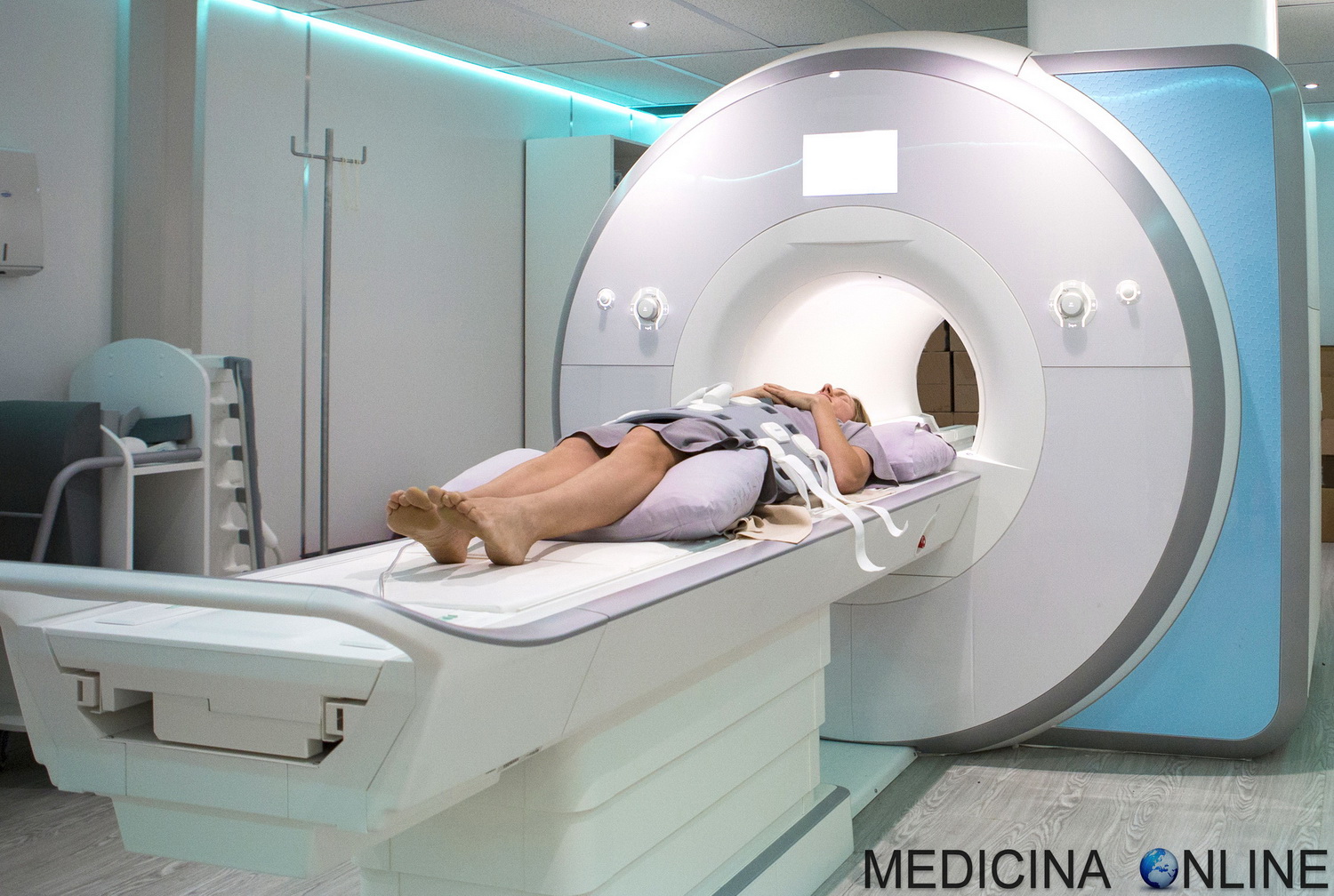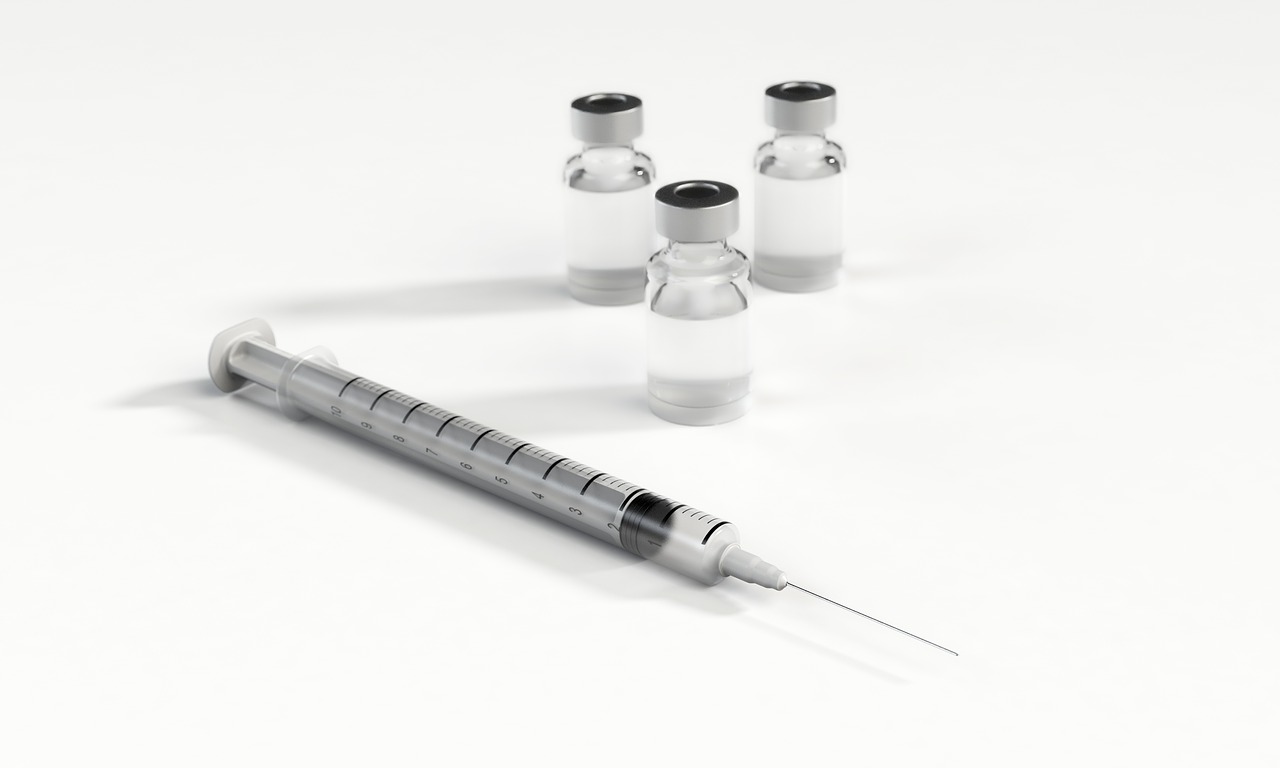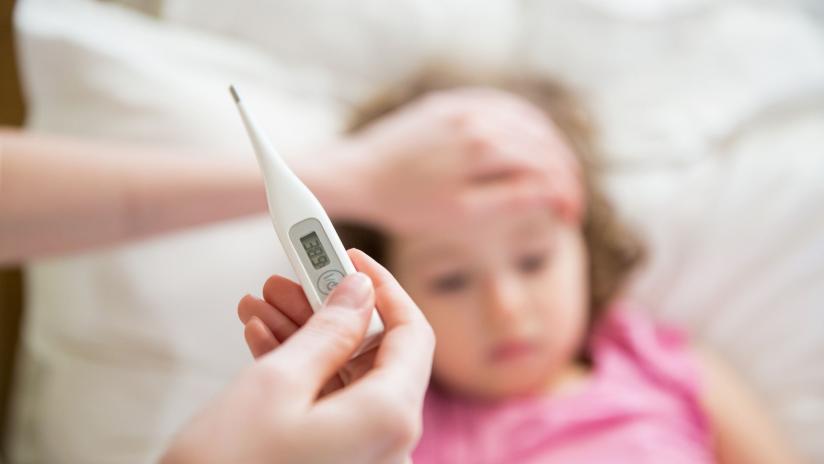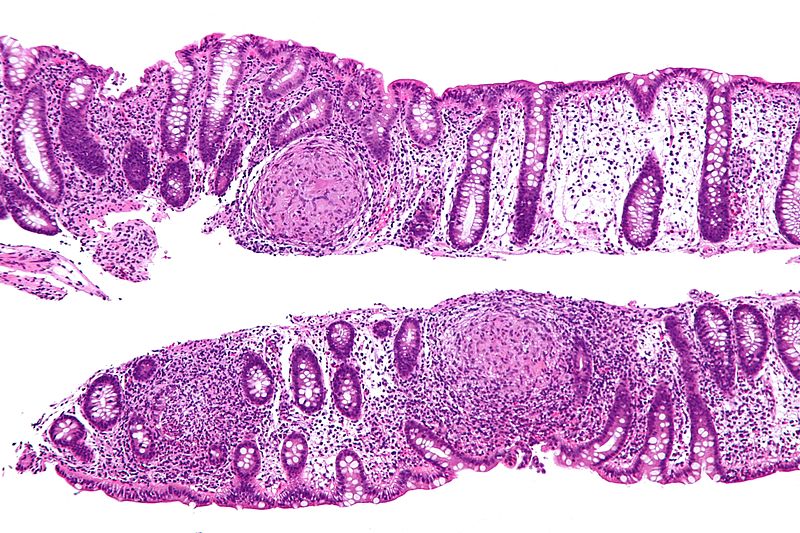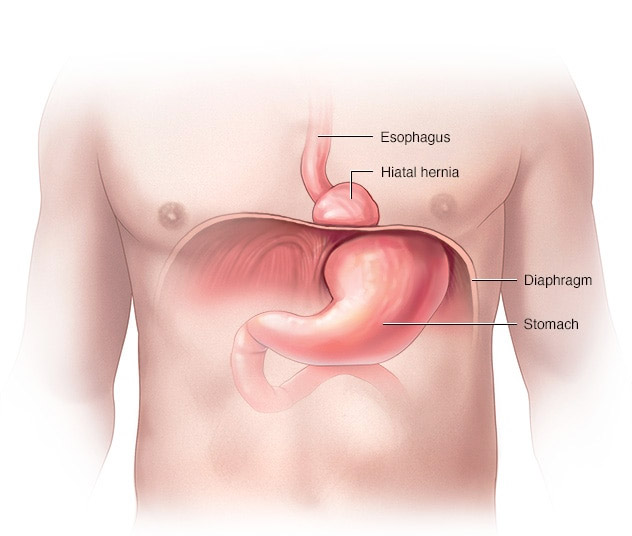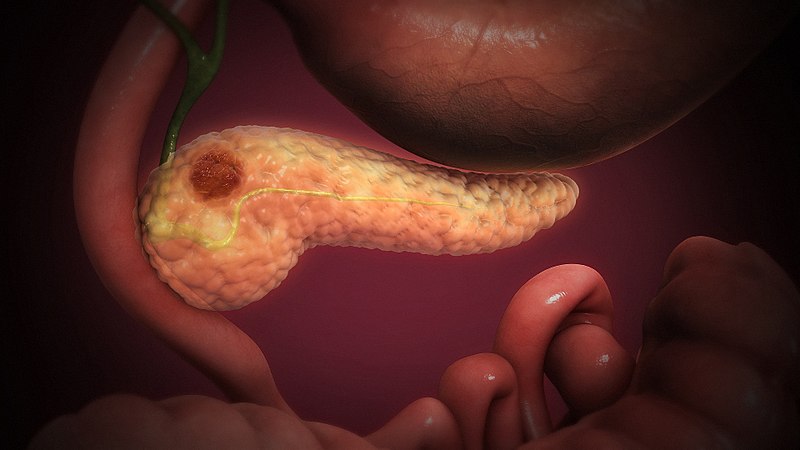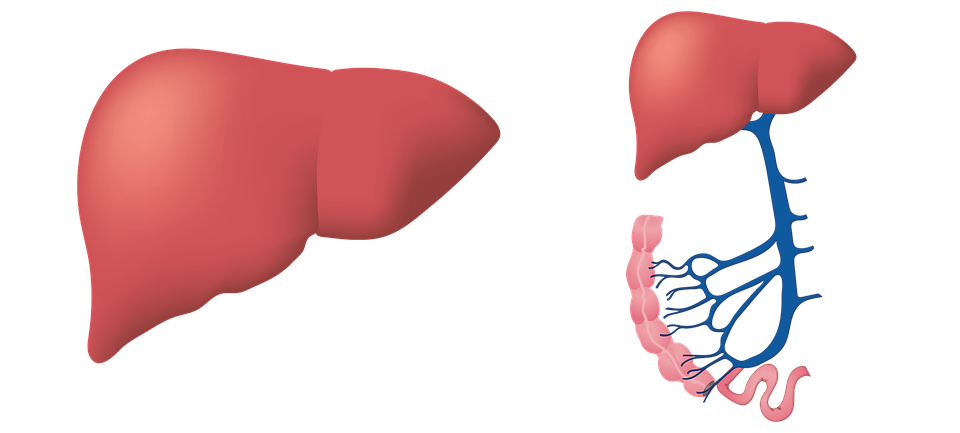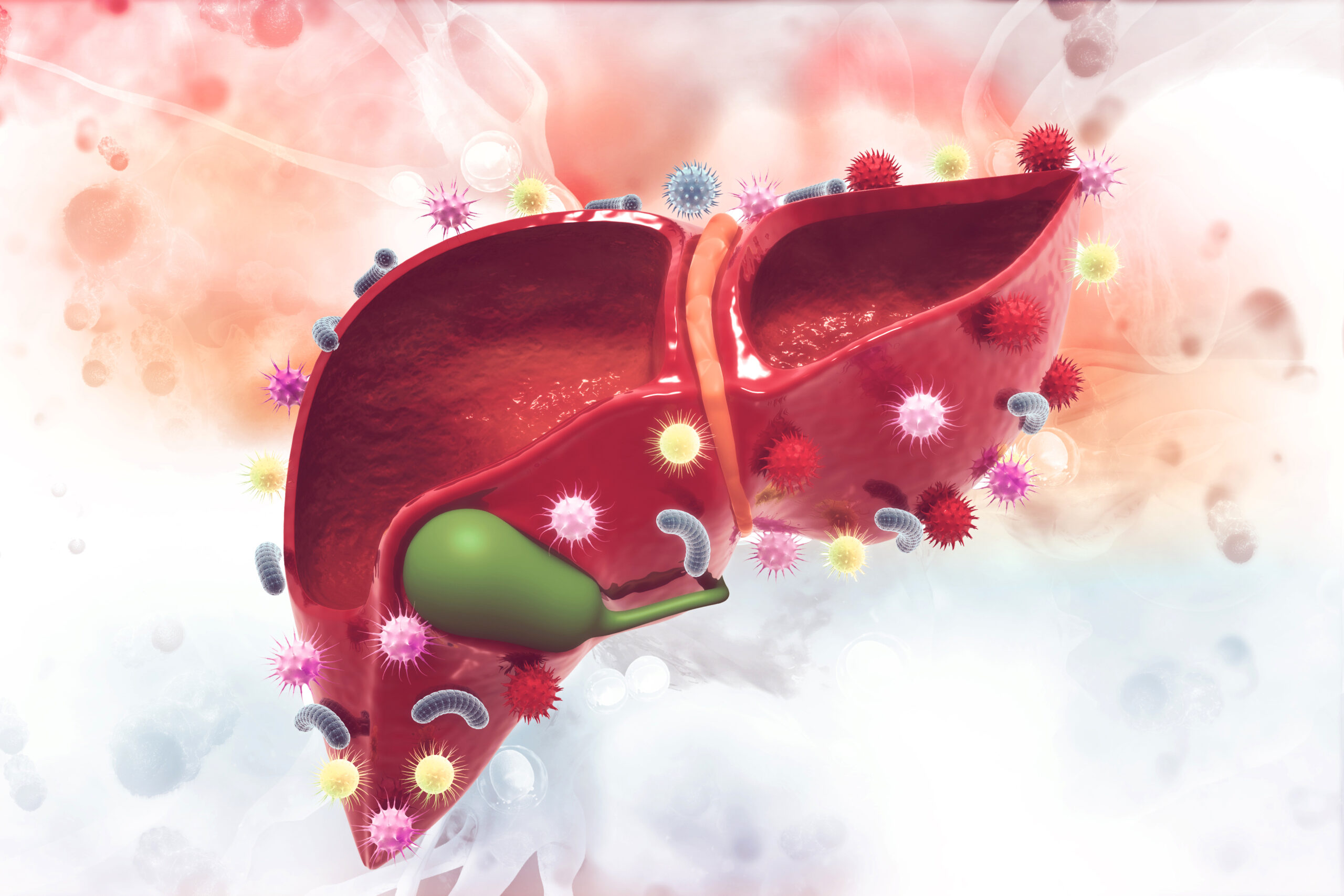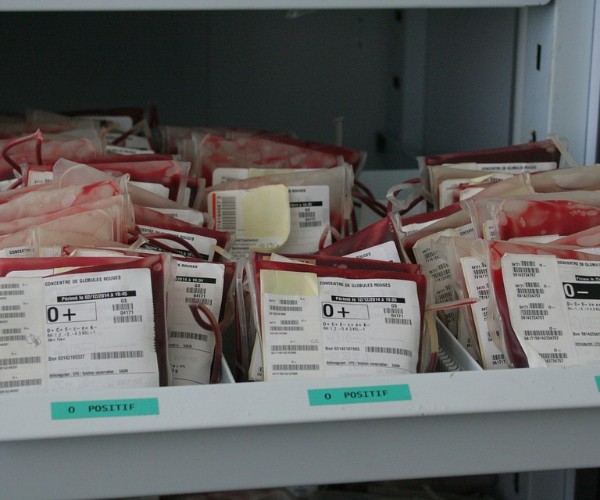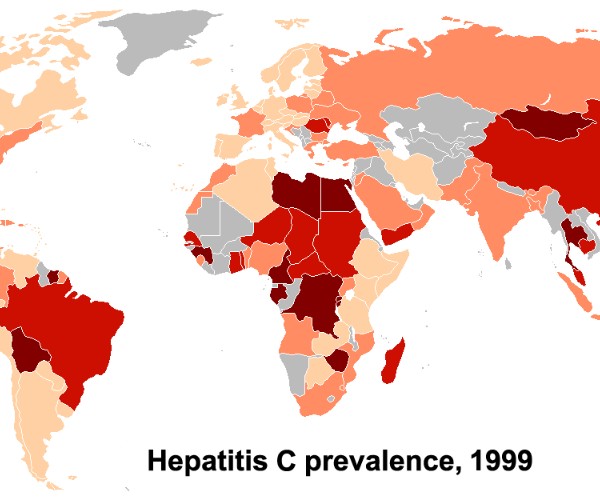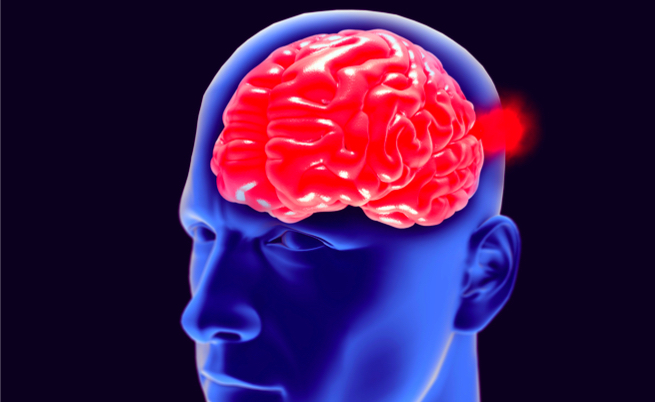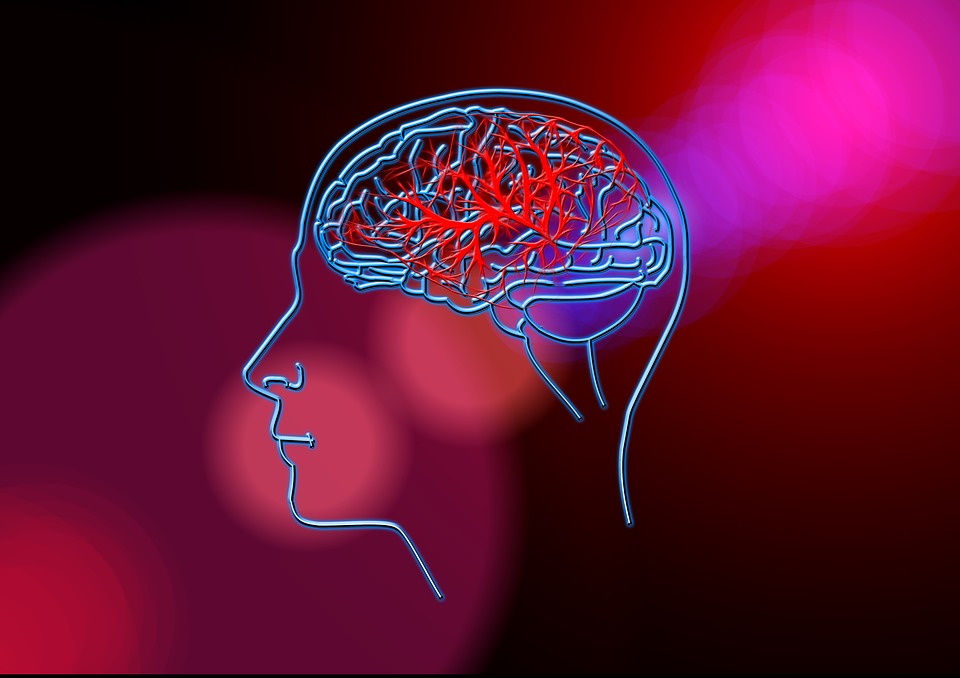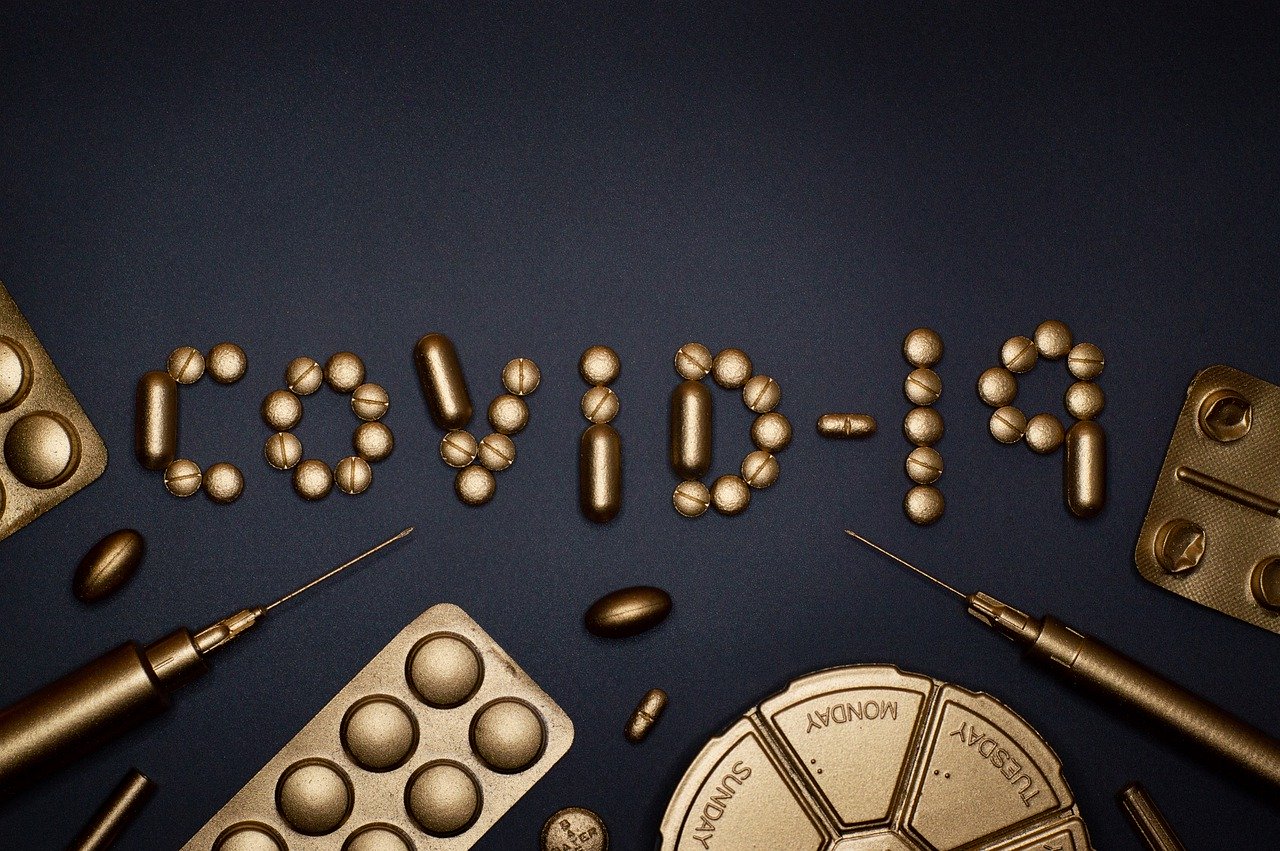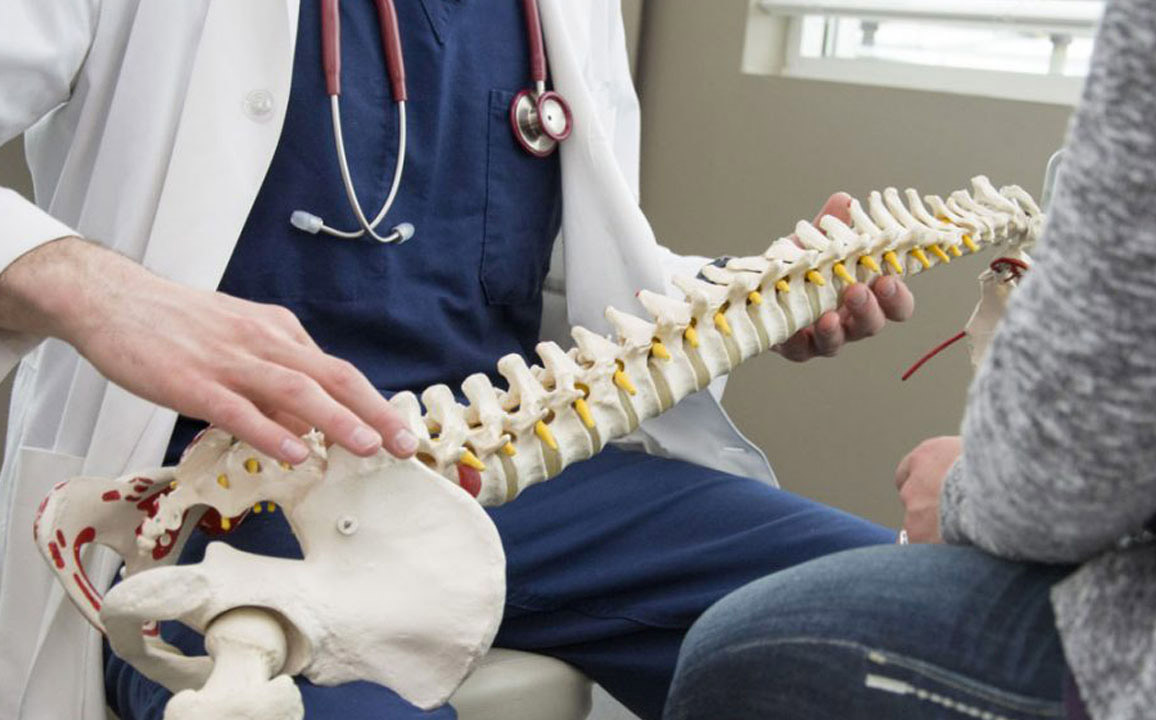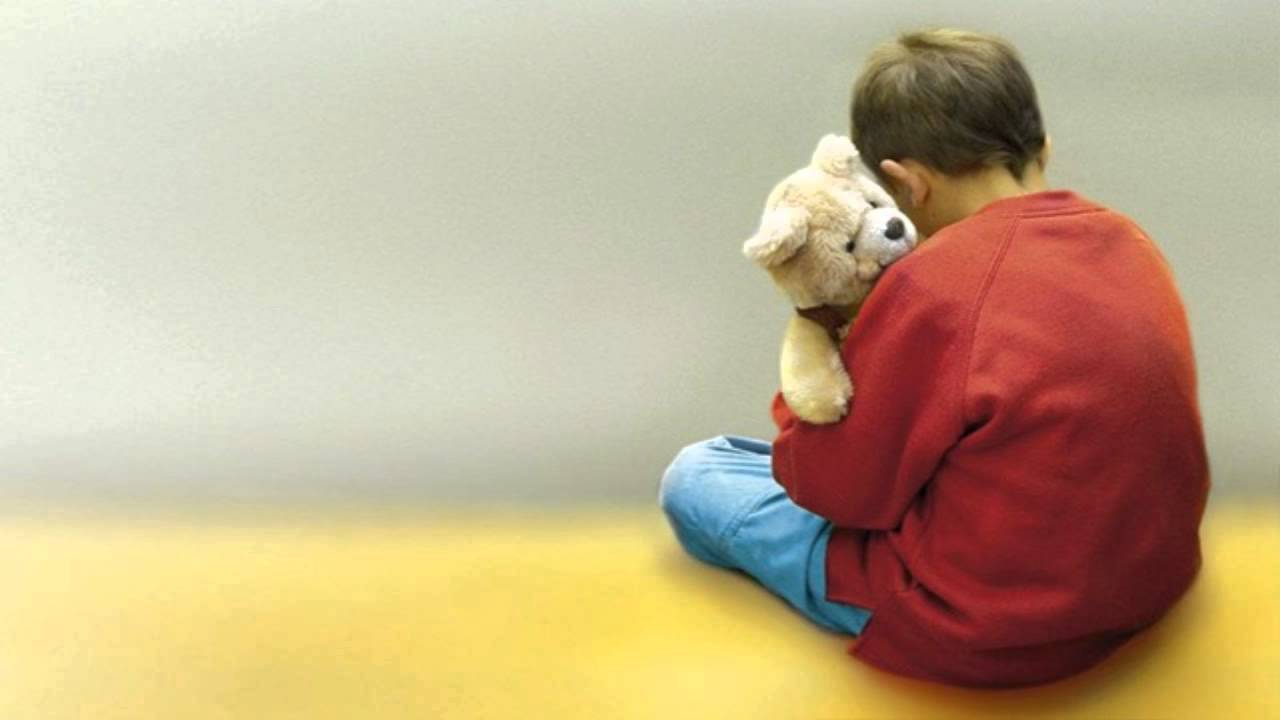Ingested poisons normally stay in the stomach for a short time. Absorption occurs after the poison has passed through the small intestine. A poisonous substance does more damage to the intestines than to the gastric system. Symptoms include abdominal pain and cramps, nausea, vomiting, diarrhea, burns, drowsiness, and loss of consciousness.
What to do?
- In the event that you have ingested poisonous substances you need to acquire key information about the victim. If a corrosive or caustic substance has been swallowed, drink water or milk immediately. If the victim is unconscious, check vital signs and call an ambulance.
- Call the poison center. Through their advice it is often possible to solve poisoning problems without hospitalization of the patient.
- Place the patient on the left side to delay gastric emptying in the small intestine where the poison is absorbed faster.
- Try not to induce vomiting unless advised by a poison control center. Do not use salt water, raw eggs or mustard and do not induce vomiting.
- Bring any container of poison to the hospital along with the patient.
Source: Mediserve‘s Pocket Guide to First Aid.




